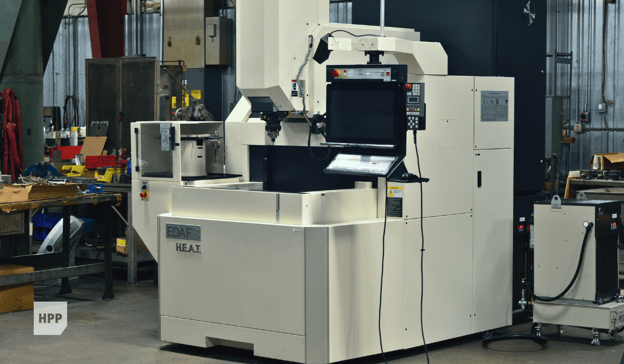HOW TO CHOOSE THE RIGHT RESIN
We’ve said it before, materials matter. Selecting the best resin for your plastic manufacturing project is critical, especially when your finished components are meant to withstand extreme heat, pressure, or other harsh conditions. So how do you know which type of resin is appropriate for your application? Join us for thermoset vs thermoplastic: a comprehensive examination of the distinctions between resins. Gain valuable insights into their respective properties and applications, empowering you to make informed decisions for your projects.
Thermoset vs Thermoplastic: What’s the Difference?
Thermosets and thermoplastics are two separate classes of plastic materials that differ in their properties, product applications, and the methods used to manufacture them.
A thermoset is any plastic material that cures once it’s hardened by heat. Thermosets are usually stored in liquid form, but once they’re hardened/cured, they can’t be reshaped (even under extreme heat).
A thermoplastic is any plastic material with a relatively low melting point that becomes molten when heated and solid when cooled. Unlike thermosets, thermoplastics are generally stored in pellet form. The curing process is fully reversible so that they can be re-melted and re-molded after cooling. Thermoplastic materials are generally more cost-effective, as they’re produced in larger volumes and are easier to process.
Choosing the Right Resin for a Range of Applications
Thermosets are appropriate for high-performance applications where strength, impact resistance, and heat resistance are critical. They’re ideal for electronic, automotive, chemical processing, and other potentially harsh applications. You’re unlikely to find single-use products made with thermoset resins. They are usually produced using reaction injection molding or resin transfer molding instead of standard injection molding methods.
On the other hand, thermoplastics are perfect for injection molding. Thermoplastic resins like polyethylene (PE), polyvinyl chloride (PVC), polypropylene (PP), and polyethylene terephthalate (PET) are highly versatile and appropriate for a wide range of medical, industrial, consumer, and energy industry applications. While thermoplastics are not as heat-resistant as thermosets, they are still thermally stable, durable, and high-impact-resistant.
Recyclability and Sustainability
There is a winner in the thermoset vs thermoplastic sustainability battle. Thermosets can’t be recycled, but thermoplastics can. Thermoplastics are currently the more environmentally-friendly manufacturing choice because they produce fewer toxic fumes than thermosets and can be re-melted and re-shaped with little to no impact on material properties. However, chemists at MIT have recently developed a way to modify thermoset plastics that allows them to be more easily broken down.
At Houston Plastic Products, we have nearly 60 years of experience manufacturing injection-molded parts for more than 15 industries. We’re happy to collaborate with you to find the best resin and the optimal design for your end-to-end plastics manufacturing needs. Contact us today so we can start molding your vision.



